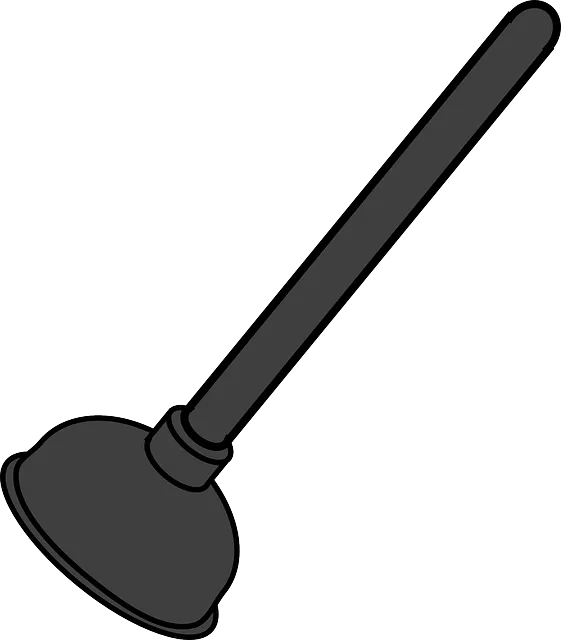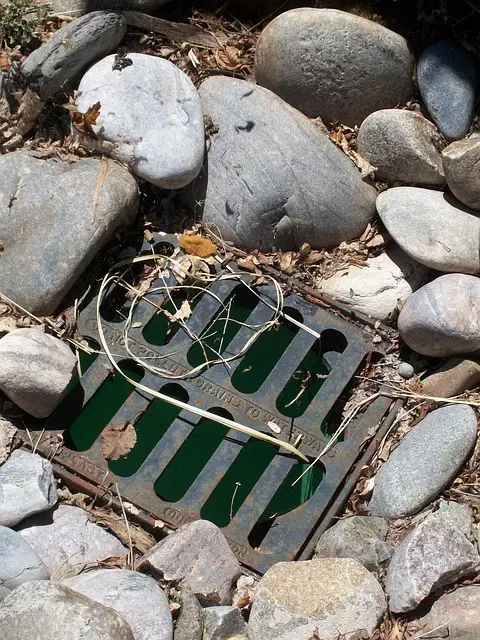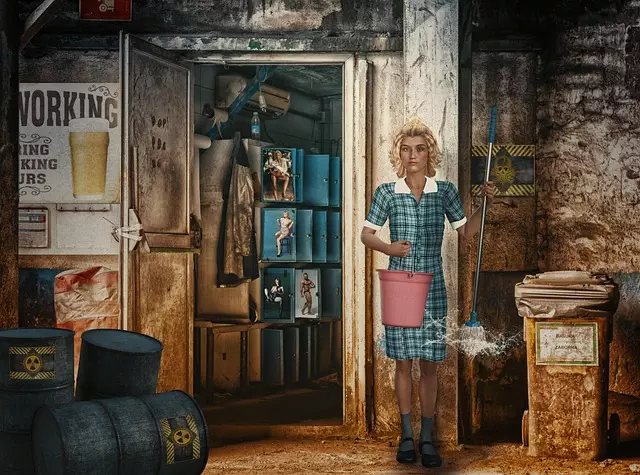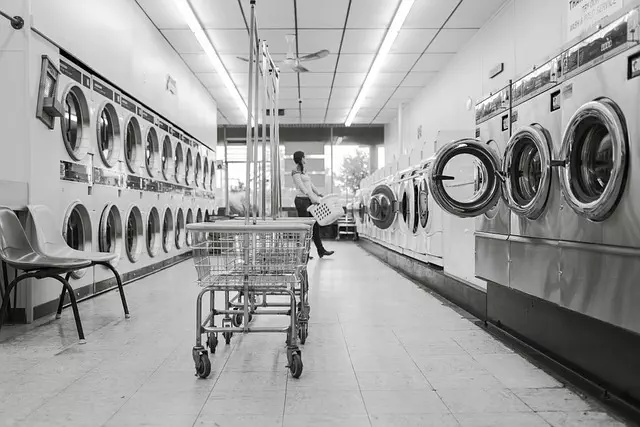Regular drain cleaning is crucial for maintaining efficient drainage systems, preventing clogs, and avoiding costly repairs. Debris buildup, including hair, grease, and waste, causes water flow issues and blockages over time. Root intrusion from nearby plants is another common problem. Professional services use specialized equipment like plungers, snake machines, and chemical cleaners to remove obstructions. Regular maintenance optimizes drainage, prevents plumbing damage, extends pipe lifespans, and fosters hygienic living environments. Homeowners should schedule professional cleaning annually or more often in problem areas, along with adopting preventative measures like using hot water, avoiding grease disposal, installing drain covers, and fixing leaks.
Maintaining your home’s drain system is crucial for preventing costly repairs and ensuring smooth operations. This article guides you through the essentials of drain maintenance, delving into common issues like clogs and overflows, and highlighting the importance of regular drain cleaning. You’ll discover effective methods, what to avoid, and preventive measures. Moreover, learn when it’s time to call a professional plumber for complex problems. Keep your drains in top shape with these valuable insights, starting with understanding the signs and taking proactive steps towards maintenance.
Understanding Common Drainage Issues

Understanding Common Drainage Issues is a crucial step in effective drain system maintenance. Over time, drains can accumulate debris such as hair, grease, and various household waste, leading to clogs and reduced water flow. These obstructions not only cause inconvenience but can also result in severe damage if left unattended, potentially leading to flooding and costly repairs. Regular drain cleaning is essential to prevent such issues.
Another prevalent problem is the buildup of roots from nearby trees and plants, which can infiltrate pipes and cause significant blockages. This organic invasion often goes unnoticed until it becomes a major drain cleaning challenge. Staying proactive by scheduling periodic maintenance checks can help identify and address these common drainage problems before they escalate, ensuring your drain system operates smoothly and efficiently.
The Importance of Regular Drain Cleaning

Regular drain cleaning is an essential aspect of maintaining a healthy and efficient plumbing system. Clogged drains can lead to numerous issues, from slow-moving water to complete blockages, causing inconvenience and potential damage to your property. Over time, drains accumulate debris like grease, hair, food particles, and other household waste, which can solidify and form hard-to-remove clogs. Professional drain cleaning services employ specialized equipment and techniques to clear these obstructions, ensuring optimal drainage flow.
By scheduling regular drain cleanings, you prevent costly repairs and maintain the integrity of your plumbing infrastructure. It’s a proactive approach that safeguards against unexpected disruptions and keeps your drains functioning optimally. Moreover, it helps to extend the lifespan of your pipes by preventing corrosion and damage caused by persistent clogging.
Methods for Effective Drain Maintenance

Effective drain maintenance involves regular cleaning and inspection to prevent clogs and ensure smooth water flow. One crucial method is using specialized tools like plungers, snake machines, and chemical cleaners to remove built-up debris, hair, grease, and other blockages. Plunging is a simple yet effective technique for minor clogs, while snake machines are ideal for more stubborn blockages, reaching deep into pipes to clear them thoroughly. Chemical drain cleaners can also help dissolve organic matter, but they should be used cautiously due to potential environmental and health impacts.
Additionally, scheduling periodic professional drain cleaning services is recommended, especially for commercial or high-traffic residential properties. These professionals employ advanced techniques like hydro-jetting, which uses powerful water jets to blast away years of accumulated buildup. Regular maintenance not only keeps drains functioning optimally but also helps avoid costly repairs and backups, ensuring a hygienic living environment.
What to Avoid in Drain System Care

Many homeowners make common mistakes when it comes to drain system care, which can lead to costly repairs and inefficient drainage. One of the biggest no-nos is neglecting regular drain cleaning. Clogs are a significant issue that, if left unattended, can cause severe damage to your plumbing and even structural problems in your home. Over time, drains collect hair, grease, food debris, and other substances that solidify and form blockages. This not only slows down water flow but can also lead to backups, creating an unsanitary environment.
Another thing to avoid is using chemical drain cleaners improperly or excessively. While these products can be effective, they are highly corrosive and can damage pipes if used frequently or in the wrong manner. Always follow instructions carefully when using chemicals, and consider natural alternatives for regular maintenance. Additionally, never pour grease or cooking oil down the drain, as it solidifies over time and contributes to clogs. Preventative measures like using drain covers and regularly cleaning catchments can go a long way in keeping your drain system in top condition.
Tips for Preventive Measures

Regular drain cleaning is a fundamental preventive measure that can significantly extend the life of your plumbing system. Clogged drains are not only inconvenient but can also lead to more severe and costly issues. Homeowners should schedule professional drain cleaning services at least once a year, or more frequently if there’s a history of clogging in certain areas. This proactive approach ensures smooth water flow and prevents potential damage caused by backup waste.
In addition to professional cleaning, there are simple tips you can adopt daily. Using hot water regularly to flush drains can help dissolve grease and fat buildup. Avoid pouring grease or large food particles down the sink, as these substances solidify over time and contribute to clogs. Also, install drain covers to catch hair and other debris, especially in bathrooms. Regularly checking for leaks and addressing them promptly will also prevent moisture from weakening pipe structures, leading to potential clogs or breaks.
When to Call a Professional Plumber

If you’ve noticed persistent clogs, slow draining, or unusual noises coming from your drains, it might be time to consider calling a professional plumber. Regular drain cleaning is an essential part of maintaining your plumbing system, and professionals have the tools and expertise to address issues that home remedies can’t.
While there are DIY methods for unclogging drains, more complex problems like root intrusion, broken pipes, or severe clogs might require advanced equipment and knowledge. A professional plumber can identify these issues and provide effective solutions, ensuring your drains function optimally and preventing further damage to your plumbing system.



